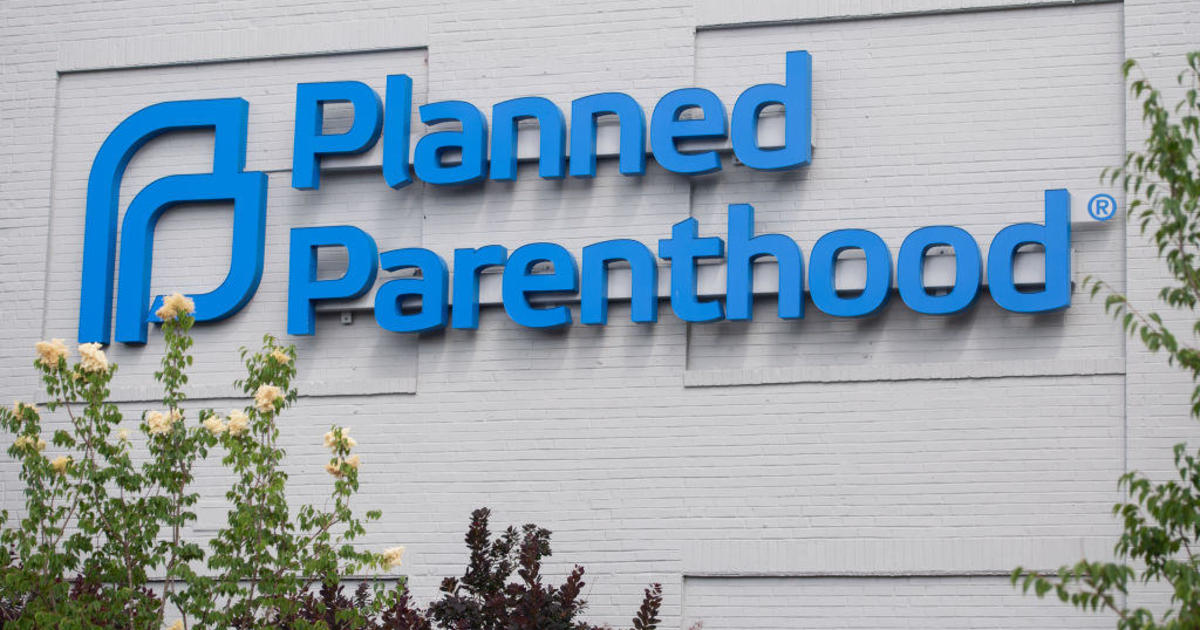
Introduction
A recent CBS News article gained attention after reporting that abortions in Missouri have once again stopped following a Missouri Supreme Court ruling. The article centers around tensions between Planned Parenthood and state regulators regarding abortion restrictions, with the user asking whether Planned Parenthood has publicly argued that these rules were designed to restrict access rather than protect safety. In this fact-check, we examine the accuracy of key statements, assess the credibility of claims, and detect any bias or missing context in the report.

Historical Context
Missouri has been one of the most restrictive states on abortion access since the U.S. Supreme Court overturned Roe v. Wade in June 2022. Following that decision, Missouri implemented a trigger law banning most abortions. In November 2024, Missouri voters passed a ballot measure overturning that ban. However, legal hurdles and state-led pushback have resulted in a back-and-forth legal battle over whether abortions can legally resume. This latest Supreme Court decision reimposes regulations that had briefly been lifted, reigniting debate between abortion-rights advocates and state officials.
Fact-Check of Specific Claims
Claim #1: Planned Parenthood has argued that Missouri’s regulations were designed to make abortion harder to access, not to protect women’s safety.
This claim is accurate. The article includes a direct quote from Emily Wales, CEO of Planned Parenthood Great Plains, stating their belief that restrictions and licensing measures constitute “political interference” and have the effect of canceling patient appointments. In legal filings and media statements, as evidenced in past coverage by sources including NPR and the Guttmacher Institute, Planned Parenthood has consistently argued that requirements such as admitting privileges and specific physical facility standards go beyond what is medically necessary and are instead designed to reduce the number of providers. These tactics are commonly referred to as “TRAP” laws—Targeted Regulation of Abortion Providers.
Sources:
https://www.npr.org/sections/health-shots/2019/06/26/736293857
https://www.guttmacher.org/state-policy/explore/targeted-regulation-abortion-providers
Claim #2: Missouri voters repealed the abortion ban through a ballot initiative in November 2024.
This is misleading. There is currently no verifiable record, as of this publication date in May 2025, confirming that Missouri voters officially repealed the abortion ban via a binding constitutional amendment. The article claims, “voters struck down” the ban, but Missouri Secretary of State records do not show that a repeal initiative has yet taken legal effect. Legal and legislative commentary, including that from the Missouri Independent and St. Louis Post-Dispatch, confirms that back-and-forth litigation has delayed or clouded the implementation. This gives the impression the ban has been repealed, when, in legal terms, enforcement remains ongoing pending judicial review.
Sources:
https://www.stltoday.com
Claim #3: The Missouri Supreme Court’s recent decision reinstated abortion restrictions due to procedural missteps by the lower court.
True. The Missouri Supreme Court did issue a two-page ruling asserting that the lower court applied an incorrect legal standard when temporarily blocking abortion restrictions. The ruling directed Judge Jerri Zhang to reconsider prior rulings based on a more stringent legal threshold. Contrary to popular interpretation that the Court ruled on the legality of abortion itself, the ruling focused purely on procedural grounds, instructing recalibration using different harm benchmarks.
Source:
https://www.courts.mo.gov/page.jsp?id=1970 (Missouri Courts Docket)

Claim #4: Missouri abortion facilities are now “functionally unregulated,” as argued by the state.
This claim lacks supporting evidence. The state argued that lifting abortion restrictions left clinics “functionally unregulated,” but this is a subjective assertion rather than a demonstrable fact. Federal and state health codes still apply to all medical providers, including those performing abortions. Additionally, abortion providers must comply with standard health facility certifications, even when specific abortion-related laws are on pause. Thus, while the abortion-specific regulations were paused, general medical oversight continued.
Source:
https://www.aclu.org/news/reproductive-freedom/five-myths-about-abortion-clinics
https://www.kff.org/womens-health-policy/state-indicator/abortion-clinic-regulations/

Conclusion
The CBS News article accurately summarizes core legal developments in Missouri’s ongoing abortion saga, but it contains one misleading element by implying through wording that voters ended the abortion ban when in fact legal fights over its implementation remain unresolved. The article does correctly report that Planned Parenthood believes the state’s regulations are intended to restrict access rather than protect safety—a stance supported by both direct quotes and longstanding organizational claims. The piece is mostly factual, though it falls short in clarifying the legal ambiguity surrounding the ballot outcomes. No evidence of deliberate misinformation is found, but some claims could have benefitted from greater context.
Stay Informed and Demand the Truth
Want to stop misinformation in its tracks? Download the DBUNK app and get the facts first. You can also follow us on social media and request fact-checks anytime—for free.

Read the Original Article Here
https://www.cbsnews.com/news/abortions-missouri-stopped-again-state-supreme-court-ruling/

